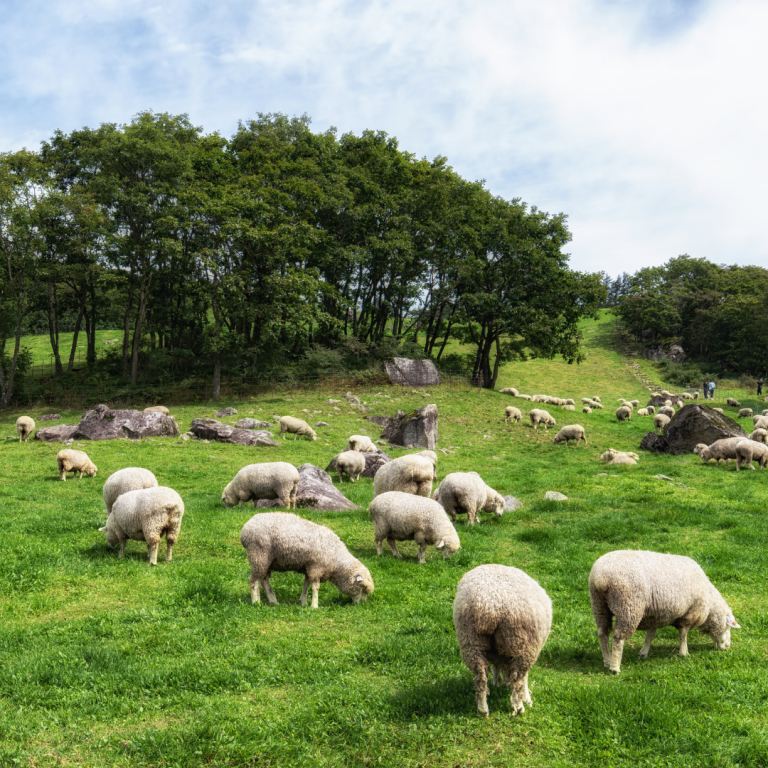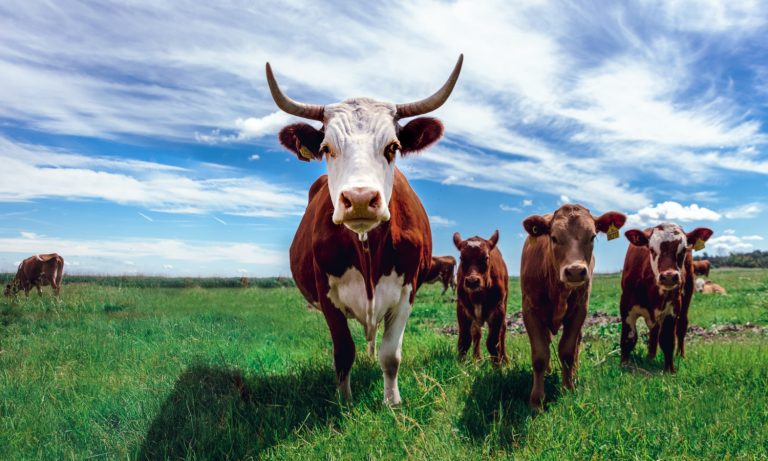The Turnbull government is planning a special visa to stave off a Nationals rebellion, address a shortfall of hundreds of thousands of farmers in the next decade and rescue billions of dollars in revenue.
The agricultural visa could also be used by ministers with sympathy for white South African farmers to encourage them to immigrate to Australia, as the issue continues to divide the highest levels of the Coalition.
“That would solve the South African problem,” a government source said.
The preliminary stages of the visa have been in discussion for months after intense lobbying from the National Farmers Federation on the need to address a gap of 100,000 workers in the agriculture industry, but it is understood it is more likely to be announced months after the May budget.
The peak body has warned the shortfall is expected to widen further over the next decade, putting a $40 billion windfall at risk, driven by free-trade agreements, a weaker Australian dollar and strong crops.
Acting Prime Minister Michael McCormack made a reference to the program this week after stating he would not discuss party room matters or make announcements at the National Press Club.
“An agricultural visa program is something that I know David Littleproud is working on along with his Nationals colleagues, along with our regional Liberal friends,” he said on Thursday.
“Whilst we have these shortfalls in employment, the fruit doesn’t get picked, the sheep don’t get shorn.”
The reference caught Coalition MPs offside.
It is understood Mr Littleproud, the Agriculture Minister is still discussing the details with stakeholders and the visa could form part of a broad reform program being undertaken by Minister for Citizenship Alan Tudge, who has taken over responsibility for visas from Home Affairs Minister Peter Dutton.
Mr Littleproud said he was “well aware of farm labour shortages” and had been working hard on finding a solution since he was appointed.
Both Mr Tudge and Mr Dutton have become vocal advocates for white South African farmers, despite Foreign Minister Julie Bishop being forced to defuse tensions with Pretoria after Mr Dutton said a “civilised country” needed to give “special attention” to the farmers.
The pair claim that the farmers are being discriminated against by having farm-land repossessed by the South African government.
To date, they have encouraged farmers to apply through Australia’s humanitarian visa program, which is limited to 20,000 per year – but the opening of a new visa category for farmers could bring thousands more to Australian paddocks.
Farmers have been frustrated by being unable to increase production or shear their sheep – despite wool reaching record prices – because of the labour drain that deepened after Mr Dutton slashed the skilled migration list last year.
The changes meant occupations such as “agricultural supervisor” fell off the list and have not been replaced, despite increasing shortages resulting from a rapidly ageing farming workforce where the average age is 56.
Mercado analyst Robert Hermann said he conducted a straw poll of sheep farmers comparing the average age of those to 10 years ago.
“Basically you’ve got the same shearers in the same shed,” he said.
“There is real optimism about the demand for Australian agriculture for a whole lot of reasons but the constraint will be our ability to find labour.”
A program designed to bring more unemployed Australians into agriculture has been widely considered a flop after the $27.5 million seasonal work incentive recruited only 217 employees.
National Farmers Federation workplace relations general manager Ben Rogers said: “Frustration is a strong word but it’s accurate.”
“When Mr Dutton made the changes a year ago – he took a lot of the jobs we relied upon and that has caused major headaches,” he said. “Locals just aren’t interested in the work.”
Mr McCormack agreed with some criticisms of Mr Dutton’s changes.
“When the visa program was altered, it did place some pressure on some industries to find suitable people who were willing to do the jobs, whether it was in agriculture, whether it was in manufacturing, in so many industries, particularly in rural and regional Australia,” he said.
Mr Dutton’s office referred questions about the comments to Mr Tudge.
Mr Tudge said the government was working to give Australians priority, “But of course when Australian workers are not available for those jobs we want to ensure that businesses are able to meet their skills demands.”



